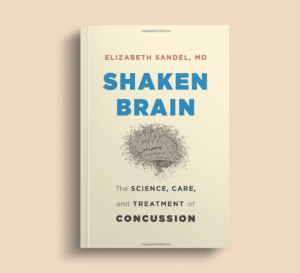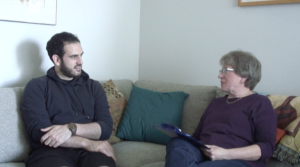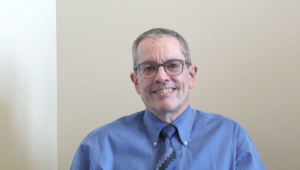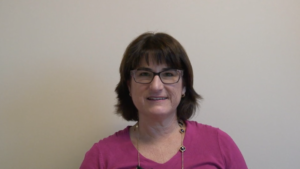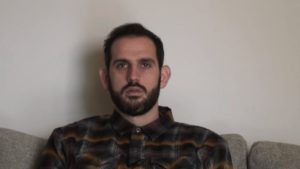What’s It Like to Have a Brain Injury?
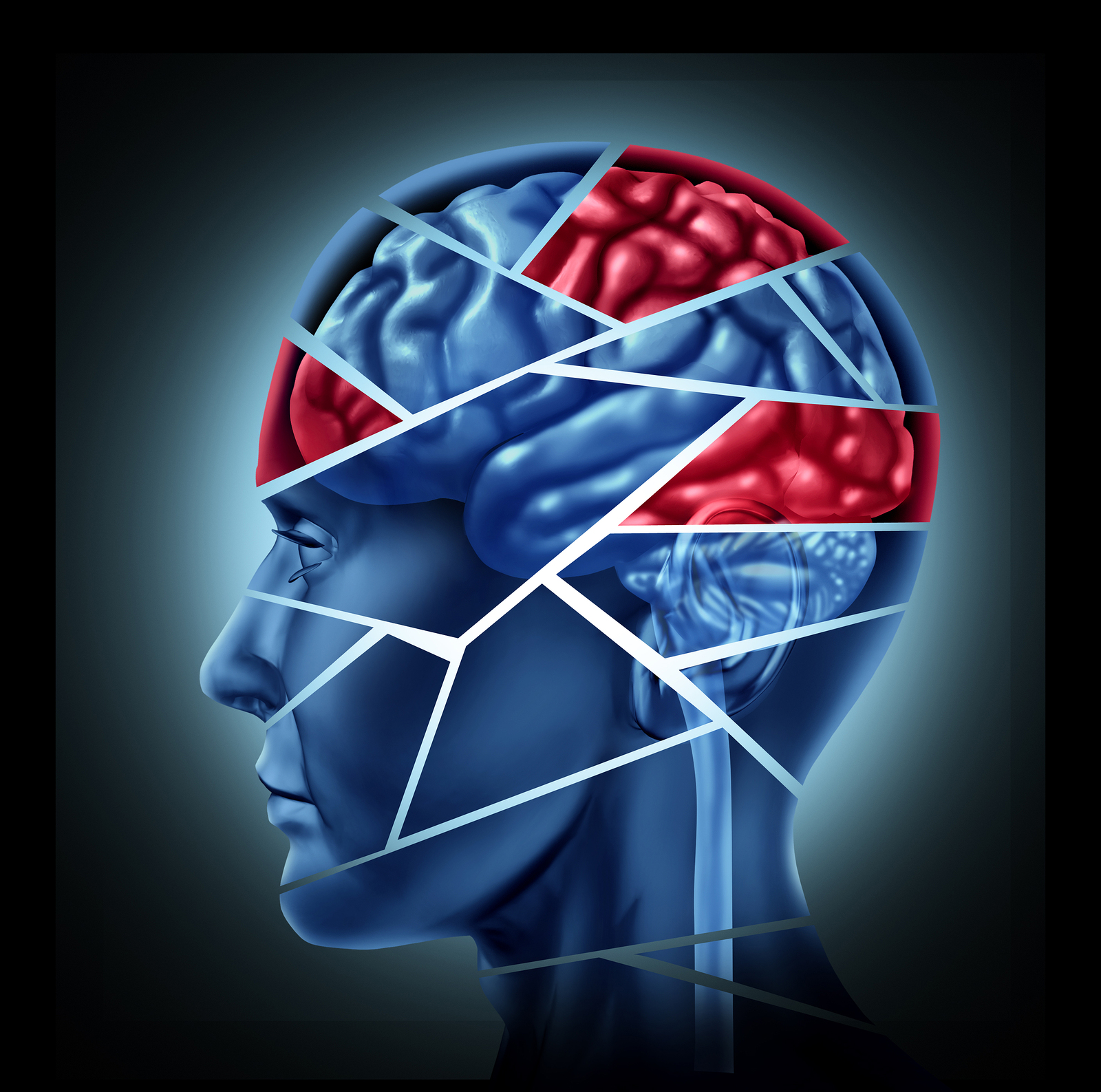
This month I’m very excited to bring to you an interview I recently did with Seth Fischer, a fourth-year medical student at UC Davis, which you can watch here. Previously, I’ve interviewed Dr. Melita Moore, a college team physician, Dr. Richard Delmonico, a neuropsychologist, and Michelle Camicia, MSN, PhD, a rehab nurse and mother of two children who experienced sports concussions, to hear their fascinating perspectives on the reality of brain injury and how to treat it.
This interview with Seth is different because Seth himself had a traumatic brain injury while riding his bicycle a few years ago. Seth’s perspective is unique because he is as both a patient and a soon-to-be doctor. In our interview he discusses the accident that caused the TBI, the effects, and his recovery. Hearing his story is valuable because it allows us to better understand what he went through and is still going through. That understanding can only make the care we give him – as doctors, family, and friends – that much better.
Here is his story, in brief; I encourage you to watch the entire interview.
The bike accident that caused the TBI
Seth describes how the accident happened. Towards the beginning of his second year of medical school, he was biking home on his trusty bicycle, taking the same path he always did, when he collided with a car making a left turn in an intersection. Seth flew over the hood of the car and into the windshield, shattering it. Luckily, he says, he was wearing a helmet. With blood gushing from his forehead, he was told to stay where he was, and was then taken by ambulance to the ER.
At the ER, he told the doctors what he believed happen and underwent some scans to look for broken bones. As he didn’t experience any loss of consciousness, he did not undergo a CT. They took care of him and he was sent home, and he even felt good enough to attend a wedding the following day, although then things started to go downhill.
The aftermath of the accident: post-concussion syndrome
It wasn’t long before he started feeling ill, or, as he puts it in the interview, “I didn’t feel good, I felt like I got hit by a car.” He happened to be in his neurology rotation at the time, and one of the medical professors teaching him said it sounded like post-concussion syndrome. That’s when various symptoms arise in the weeks and months following the injury that caused the concussion or TBI.
Seth experienced pounding headaches, body aches, sensitivity to light, and sensitivity to sound. He found that screens and fans, with their fast flicker rate and movement, would make him dizzy. Blurry visions spells would occasionally come on, and he couldn’t see properly for 20 or 30 minutes. He discovered, as he later studied for his board examinations, that he simply could not remember what he was studying. Many of these symptoms and problems with school persisted off and on for over a year.
Fortunately, those symptoms are now gone, and Seth is doing well as he finishes up his fourth year of medical school and plans to head on to a career in anesthesiology. (He even got back to biking about a year after his accident.) Seth explains that he doesn’t know how his brain has changed exactly since the accident, but he knows he’s not better off.
What we can learn from Seth
Seth was lucky not to have broken any bones in his bike accident, and it wasn’t long afterwards that all physical signs of the accident were gone. However, while Seth looked okay from the outside, he was anything but.
This is the most important thing we can strive to remember when providing care to someone with brain injury, whether as a healthcare provider, family member, or friend. We may not see the physical manifestations of the injury, but that person may be experiencing a whole host of physical and cognitive symptoms that affects their day-to-day life.
By hearing Seth’s story, and others like it, we can begin to understand what it’s like for people who have a concussion or “invisible” brain injury. Recovery can take weeks, months, years, or a whole lifetime, and we can help by providing not only support but true understanding through listening to those with a TBI as they continue to improve. Let us seek to understand what they are going through by learning more about concussions and more severe brain injuries, so that we become more compassionate, effective care providers and caregivers.
You Might Also Like
A Medical Student and Cyclist Tells His Concussion Story
Seth Fischer tells the story of a bicycle-car crash that resulted in his having headaches and other chronic symptoms from what was labeled a mild brain injury or concussion. This is the first of two interviews. In a subsequent interview, Dr. Fischer talks about his recovery, his chronic symptoms, and…
Concussions in College Athletes
Dr. Melita Moore, a physiatrist, sports medicine doctor, and brain injury medicine physician reports about her experiences when she served as the physician for University of California Davis sports teams. She discusses collision sports such as football and soccer that have a high incidence of concussion, but also other sports…
Comprehensive Care of Concussions
Dr. Richard Delmonico, a neuropsychologist, outlines the approaches to triage and treatment in a concussion clinic in the Northern California Kaiser Permanente health system. He also discusses the uses of neuropsychological testing to help with diagnosis and management of people with concussions and other brain injuries.
Parents and Sports-Related Concussions
Michelle Camicia, MSN, PhD, the mother of two student athletes, discusses the role of parents who must pay attention to their childrens’ symptoms if they play contact sports. Are these symptoms consistently understood by student athletes and coaches? She argues for more education and advocacy to address the problem of…
A Follow-Up Interview with Dr. Seth Fischer
Dr. Seth Fischer talks about his concussion recovery, his chronic symptoms, and insurance and legal issues he has faced. This is the second of two interviews. In the previous interview, Dr. Fischer tells the story of a bicycle-car crash that resulted in his having headaches and other chronic symptoms from…
Can We Adequately Treat Concussion?
Finding a physician specializing in brain injury medicine can be difficult because the field is relatively new, but there are resources to help.
Keep up to date
Get updates on the latest in concussion, brain health, and science-related tools from Dr. Elizabeth Sandel, M.D.
By clicking SIGN UP, you agree to receive emails from Dr. Sandel and agree to our terms of use and privacy policy.
Get the book!
